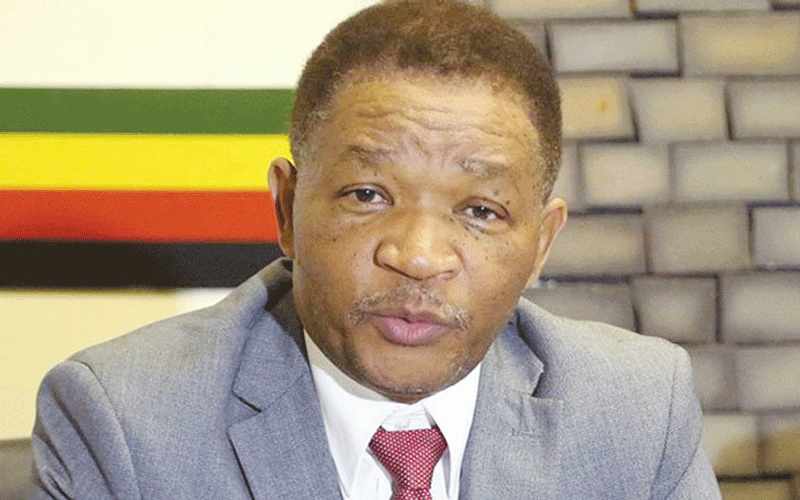
BY VENERANDA LANGA
Chairperson of the Parliamentary Portfolio Committee on Finance and Budget, Felix Mhona, has called for transparency and accountability on the country’s contracting of debts to avoid overburdening future generations with unnecessary liabilities.
Addressing a Zimbabwe Coalition on Debt and Development high-level conference on debt in Harare on Friday, Mhona said it was imperative that members of the public and Parliament are engaged or consulted before government enters into debt agreements to fund its operations.
Zimbabwe currently has a huge external debt burden of $7,7 billion and around $9,5 billion domestic debts.
Part of the domestic debt was accumulated through issuance of Treasury Bills, which shot from $2,1 billion in 2016 to a cumulative $7,6 billion by August 2018.
Government also took over Reserve Bank of Zimbabwe’s farm mechanisation debts amounting to $1,35 billion through the RBZ Debt Assumption Bill of 2015, as well as the Ziscosteel debt of $495 million in 2018 resulting in a combined debt of $1,85 billion.
As of June 2018, Zimbabwe Asset Management Corporation (Private) Limited had also acquired $997 million non-performing loans, which further worsened the debt situation.
“A huge debt burden infringes on the rights of future generations who ultimately have to repay the debts, and compromises service delivery, thus leading to extreme indebtedness and attendant inability to fulfil human rights provided for in article 28 of the Universal Declaration of Human Rights,” Mhona said.
- Chamisa under fire over US$120K donation
- Mavhunga puts DeMbare into Chibuku quarterfinals
- Pension funds bet on Cabora Bassa oilfields
- Councils defy govt fire tender directive
Keep Reading
“Debt decisions must be made after engaging citizens who are the principals, through public consultations, civic society organisations or Parliament, and debt contracting has to be approved by Parliament as mandated by the citizens and as enshrined in the Constitution,” he said.
He added that the role of Parliament whenever the country was assuming a debt was to ensure there is oversight and guarantee that the debt contracted is used for the intended purpose and that the funds set aside for debt servicing actually get used precisely for that.
“Citizens have a right to be informed on who and how much is owed, the purpose and conditions under which loans were obtained, whether objectives were met, and charges other than interest and benefits, if any, that accrued to citizens as a result of the loans,” Mhona said.
He said government must also undertake economic reforms to provide strong impetus to efforts geared at accelerating accumulation of capital, productivity and economic growth, as well as to build confidence and enhance the country’s ability to meet future external debt obligations.











